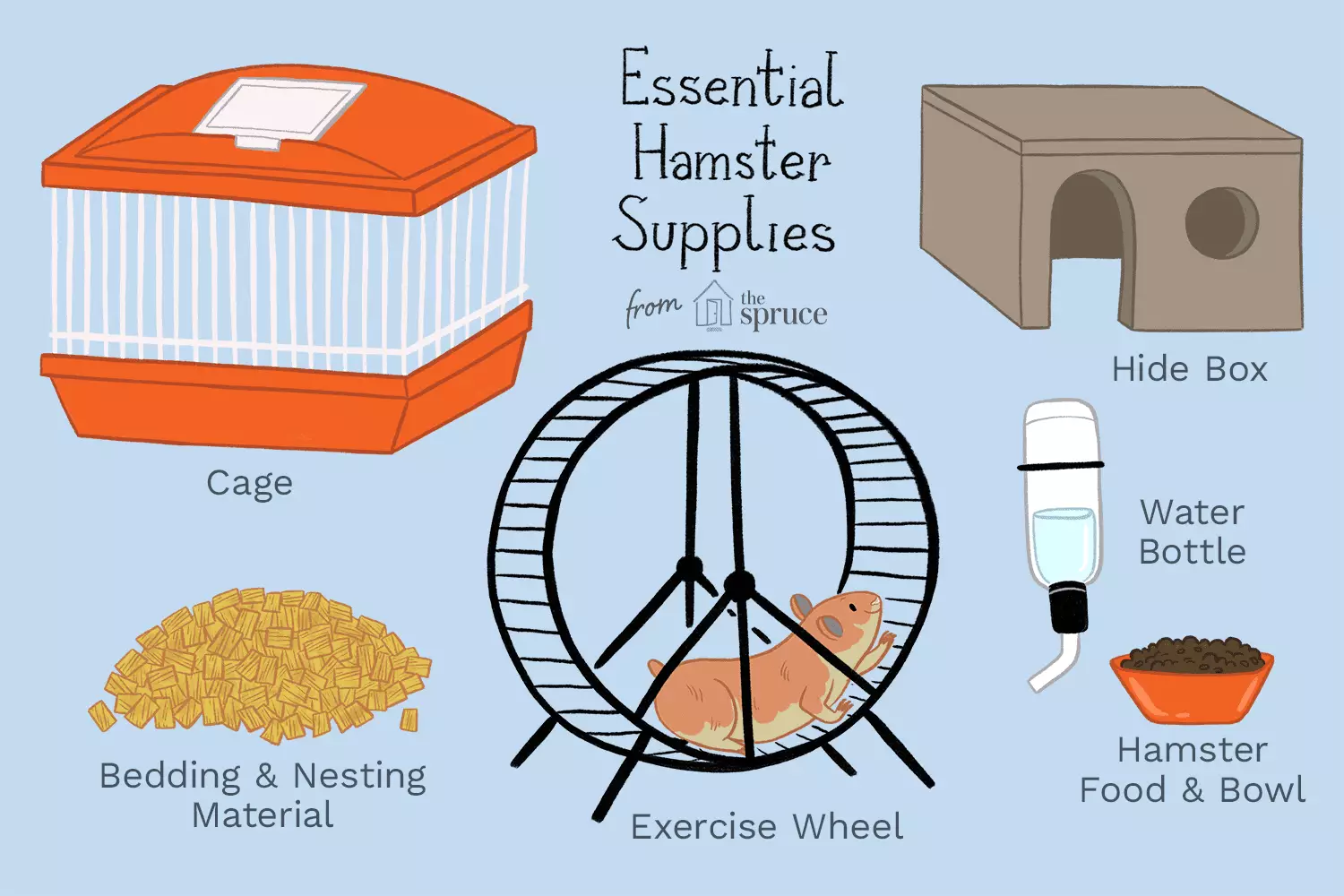Hamsters have become popular pets in many households due to their small size, relative ease of care, and often charming personalities. While they require specific care to thrive, prospective owners often find themselves caught unprepared. This article will delve into the essential aspects of hamster care, focusing on choosing the right breed, creating an appropriate living environment, and ensuring their health and well-being.
When considering bringing a hamster into your home, it’s vital to understand the various breeds available. The most common pet hamsters include Syrian, Dwarf Campbell, Dwarf Winter White, Roborovski, and Chinese hamsters. Each breed has unique characteristics in terms of size, temperament, and activity levels. Syrian hamsters, for instance, are larger and typically require larger cages than dwarf varieties. Be mindful of these differences when selecting a breed, as it will influence not only the hamster’s wellness but also how well it fits into your lifestyle.
Before bringing your new pet home, you should have the cage and supplies ready to minimize the stress of the transition. Hamsters thrive in an environment that allows them to express their natural behaviors. Providing a spacious cage is crucial; it should not only accommodate the hamster comfortably but also include exercise wheels, tunnels, and toys to keep your pet entertained. Dwellings with proper ventilation and escape-proof features are essential, owing to hamsters’ ability to navigate through surprisingly small gaps.
While many products cater to hamsters, be particularly cautious with cage designs. Modular cages with tubes may look attractive but often present cleaning challenges and can impede airflow, making them less than ideal for housing hamsters, especially Syrian hamsters.
Diet is a critical aspect of hamster care. A balanced diet provides the necessary nutrients for a healthy life. Many owners overlook the importance of the type of food they provide. Pelleted diets are generally preferred over loose seed mixes, as they ensure your hamster receives a balanced intake of nutrients. However, fresh vegetables can supplement their diet, offering additional health benefits while enhancing mental stimulation.
On feeding frequency, it’s advisable to provide your hamster with a daily meal and remove any uneaten fresh food after a few hours to prevent spoilage and maintain hygiene. A sturdy food dish that resists tipping over is ideal, perhaps crafted from ceramic, ensuring it withstands habitual chewing.
Maintaining a clean environment is paramount for your hamster’s health. Regular cleaning—at least once a week—is necessary to remove waste and uneaten food. During this process, safely relocate your hamster to a secure area, such as a travel carrier, to ensure its safety.
When it comes to bedding, avoid cedar or pine shavings due to their potentially harmful respiratory effects on hamsters. Shredded paper, or aspen shavings, are safer alternatives. An inviting nesting area is essential for grooming and sleep; however, steer clear of cotton nesting materials that pose a choking hazard.
Hamsters are naturally curious and energetic animals, necessitating ample exercise and enrichment to prevent boredom. A high-quality exercise wheel is a must-have accessory. Look for wheels with a solid running surface, ensuring the hamster’s safety while in use. Additionally, providing chew toys and safe climbing structures will keep your hamster engaged and happy.
Homemade toys can also serve as an economical way to stimulate a hamster’s mind. Common items like toilet paper tubes are perfect for creating mazes and obstacles that challenge their inquisitive nature, all while encouraging physical activity.
Despite their hardiness, hamsters can face various health challenges, making regular care crucial. Pet owners should be vigilant for signs of illness—such as lethargy, changes in appetite, or unusual behaviors—since hamsters are particularly affected by changes in their health status. Should you notice any of these symptoms, consult your veterinarian promptly.
If a hamster escapes, the nature of their nocturnal habits can make recovery challenging. To assist in their return, leave food in the open cage and search quietly around the house, especially at night when they are most active.
Hamsters can be delightful companions if cared for responsibly and diligently. Understanding their needs, from dietary requirements and habitat setups to exercise and health monitoring, is fundamental to providing a loving home for these small pets. By investing the time and effort into understanding and catering to their specific needs, you ensure a happy, healthy life for your hamster while enjoying the unique joys that come with hamster ownership.

